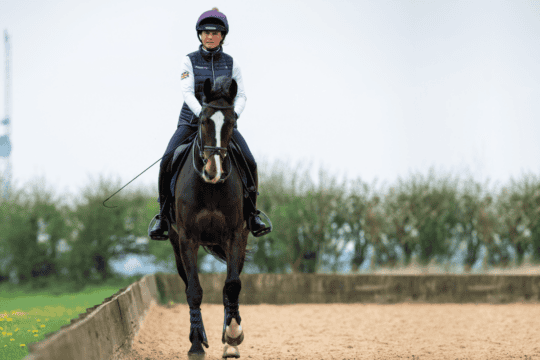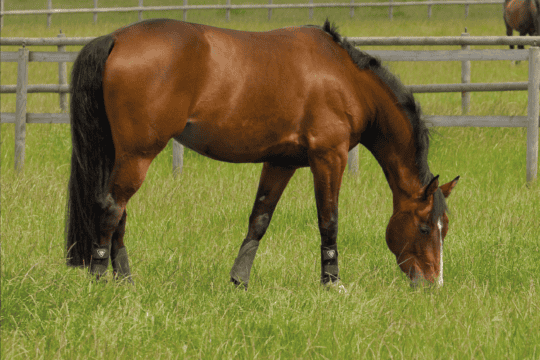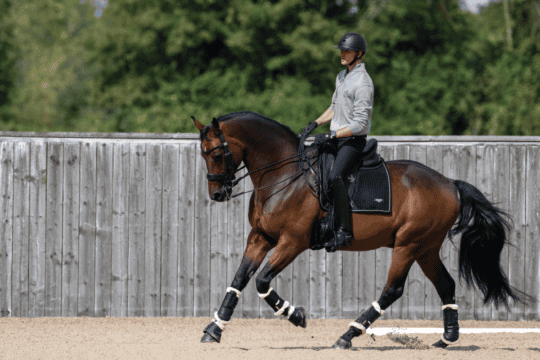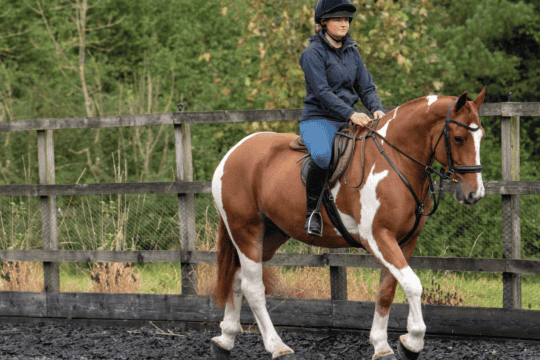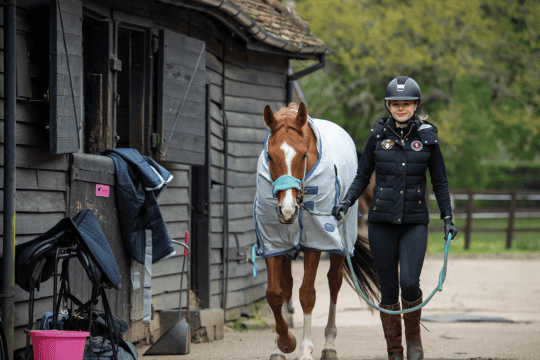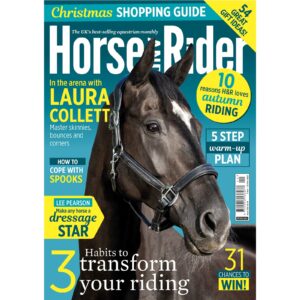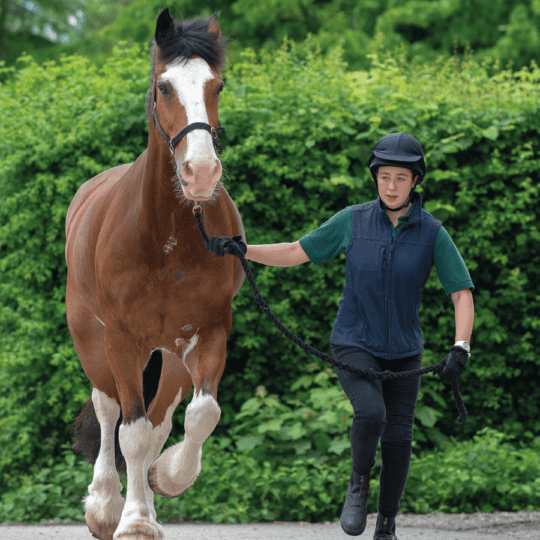Spook proof your riding
Posted 28th October 2022
Follow Alison Buttery’s nine achievable steps to reducing spooking and enjoying your riding time
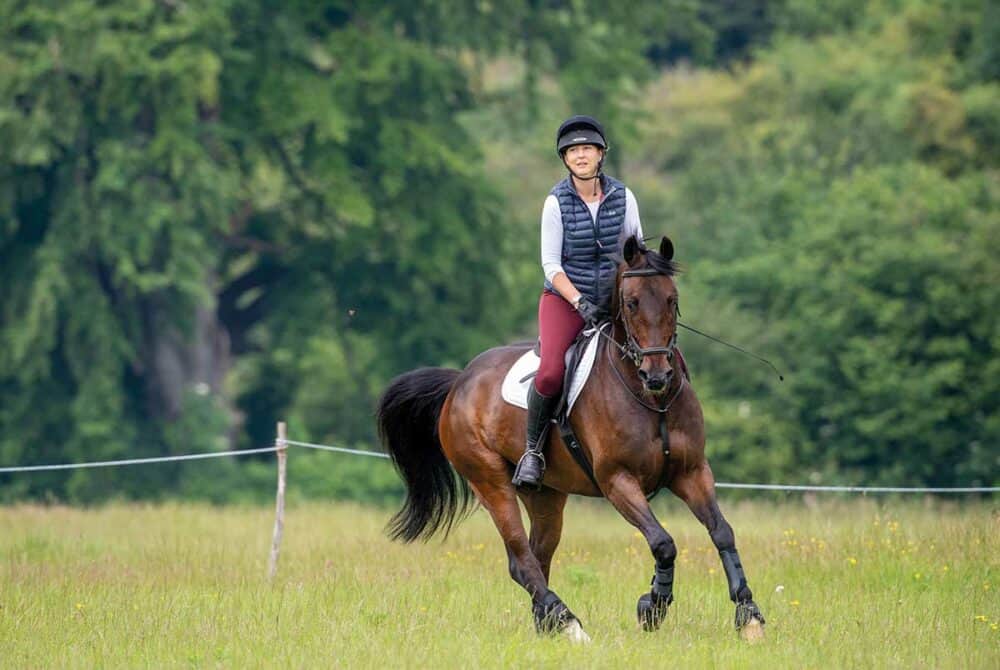
Spooky horses can be tricky and unsettling, and their antics can begin to chip away at your riding confidence. Most of us will have experienced riding a horse who spooks, and it can be really off-putting, wondering if, when, where or how your horse may spook.
Spooking is totally natural behaviour when a horse perceives something he’s not sure about. Confidence builds when you’re able to manage yourself effectively and kindly, to become a proactive, positive partner for your horse.
In order to ride a spooky horse effectively and safely it’s important to have a plan of action in place so you can enjoy your adventures together. Let’s take a closer look at some of the steps you can take to assist you in managing a spooky horse while still keeping your confidence.
Step 1 – Do your homework
Always make sure that your horse’s spooky behaviour isn’t caused by pain. If he’s usually solid as a rock and suddenly starts behaving out of character, it’s essential to have the following areas checked by experienced, qualified professionals…
- saddle, bridle and bit checks for fit, safety and comfort by an expert
- have your horse’s teeth checked by a vet or registered EDT
- have your horse assessed by a qualified, registered manual therapist, such as a veterinary physiotherapist
- ask your vet to examine and assess for signs of undiagnosed injury or subtle lameness
- ask your farrier for information about your horse’s hoof quality and balance, and any signs of uneven wear or discomfort
In the wild, horses will do everything they can to mask signs of pain, because these send signals to predators that they’re easy prey. This can make spotting subtle signs quite tricky and hence why you need to call in the experts to support you and ensure you can rule out discomfort as the underlying cause of spookiness.
Step 2 – Management assessment
Once you’re confident that your horse isn’t in discomfort and all his tack fits well, it’s time to assess his workload, management and feed regime. It could be that his diet is providing unsuitable energy for his needs. This can cause him to release this pent-up energy in inappropriate ways (via spooking).
While there’s little scientific evidence to support the use of calmers, anecdotally many owners report benefits from them. Always do your homework and look holistically at your horse’s diet and management when considering what, if any, supplement may be beneficial.
Many horses settle with more consistent, structured work, where their brains and bodies are engaged and directed positively into a correct way of going.
Find out more about the steps you can take to reduce spooking in December Horse&Rider – on sale now!


